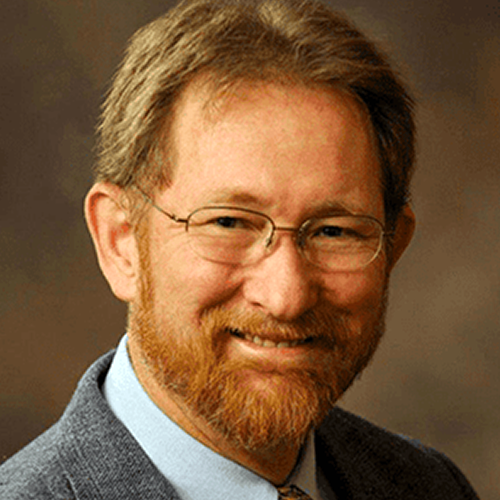
The Point Blog ARCHIVE
All articles found in the archive are more than three years old.
The purpose of this blog is to stimulate thought and discussion about important issues in healthcare. Opinions expressed are those of the author and do not necessarily express the views of CMDA. We encourage you to join the conversation on our website and share your experience, insight and expertise. CMDA has a rigorous and representative process in formulating official positions, which are largely limited to bioethical areas.
IVF and Aging Parents
June 9, 2016
by Robert E. Cranston, MD, MA (Ethics)
On April 19, Mohinder Singh Gill, age 79, and his wife Dajinder Kaur, 72, gave birth to their first child. Kaur, long past menopause, and Gill conceived their child with the help of Dr. Anurag Bishnoi’s IVF Clinic, reportedly employing their own egg and sperm.
Public reaction to this announcement and to other recent news of IVF-aided conception in elderly, post-menopausal women has been mixed.
- Some see this as a logical extension of a routine process and, based on the will of the parents and their financial means, a seemingly miraculous but nonetheless predictable outcome of the advances of modern medical science.
- Clearly, this is a “wanted” child, hoped for, anticipated and loved by the first-time parents. The Guttmacher Institute notes that nearly half of all pregnancies were unintended in 2011 in the U.S. Many of these result in abortion of the “unwanted” child. Elderly parents pursuing IVF assistance clearly want to have a child.
- Nothing illegal or immoral has transpired and new life has been created, and it should be celebrated.
- Would outlawing such pregnancies amount to age-ism?
Alternatively, many questions are raised.
- Should there not be regulations within the world of IVF medicine similar to other medical areas where patient welfare is being protected? Remember Octomom?
- Who will be caring for this child when his aging parents will likely die, quite possibly before the child reaches adulthood?
- How many embryos will be created and die in an attempt to have one child?
- What are the true risks involved in IVF pregnancies for the post-menopausal, truly elderly woman? Much of this is unknown.
- Will this child have the benefits that children of parents younger and more energetic would prove for their children?
- Will the child be responsible at an early age for the care of his or her aging, ill parents?
Just because something can be done doesn’t mean it should be done; it doesn’t mean it is wise or advisable. This is uncharted territory, and it will be years before we realize all the potential unintended consequences of this experimentation.

